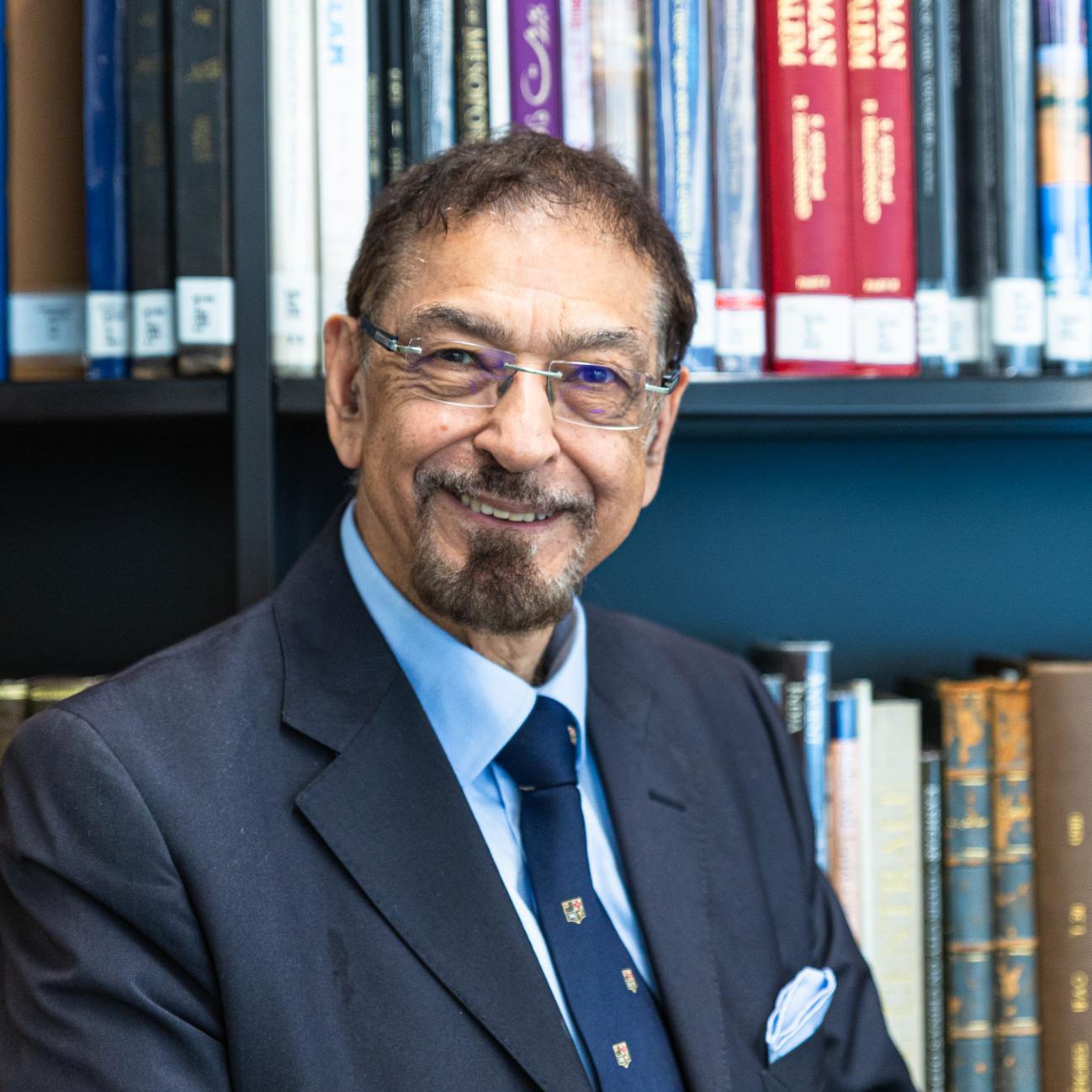This is an edited version of an address given at the Department of Peace Studies, University of Bradford, United Kingdom on May 6, 2004.
Abstract: What challenges and opportunities does difference bring? How do you respect the diversity of your citizens without compromising the integrity of your own institutions?
Exploring the intersection of Britain’s Muslim population and the complexities of international cultural and legal systems, this paper considers how a country’s citizens can contribute to its larger wellbeing, while at the same time raise questions about recognition and justice. Drawing upon personal experience, the author asserts that it is no longer simply desirable to understand and educate ourselves about those around us – it is a necessity. The immense diversity of the Muslim world – 1.3 billion people from 57 countries, representing at least seven major schools of law – sees itself reproduced at a smaller level within the borders of the United Kingdom.
Trying to understand the laws that govern these communities culturally and religiously is a complex task. Finding ways to accommodate and respect people’s cultural and legal systems is an even greater challenge. Looking at examples of personal and family law, commercial disputes, environmental legislation and international treaties, the author suggests Alternative Dispute Resolution as one mechanism for addressing such complexities.
Authors

Dr Mohamed Keshavjee
Course Director
Mohamed M. Keshavjee is a South African born-lawyer called to the Bar at Gray’s Inn in 1969. He completed his LLM at London University and his PhD at SOAS with a focus on Islamic Law and Alternative Dispute Resolution (ADR). He has practised law in Kenya, Canada and the United Kingdom.
His first book, Islam, Sharia and Alternative Dispute Resolution deals with how Muslims engage with sharia, customary practices and the laws of the United Kingdom. He has spoken on ADR at conferences in Europe, North America and Asia, and has trained family mediators in the EU countries and imams and pastors in mosque and church conflicts in the UK and the USA, respectively.
In 2016, he was awarded the Gandhi, King, Ikeda Peace Award by the Martin Luther King Jr. International Chapel at Morehouse College, Atlanta, Georgia, for his work on peace and human rights education.

